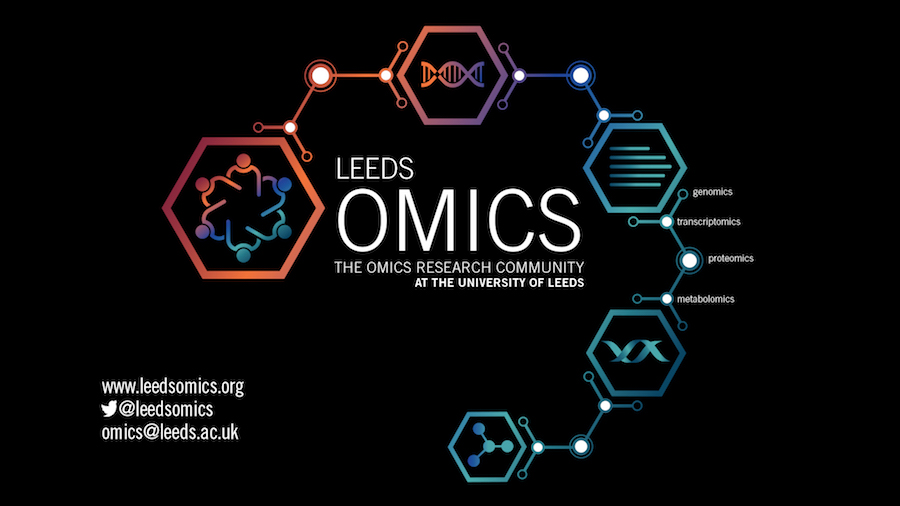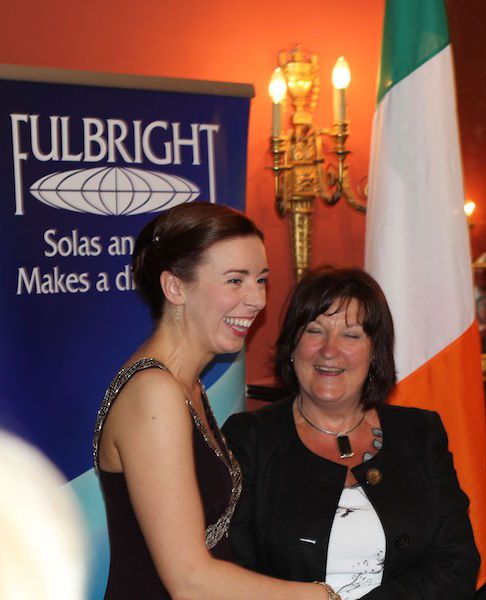I am an Associate Professor at the University of Nottingham. Previously, I was a lecturer, then senior lecturer and deputy head of department at the School of Biotechnology, Dublin City University from 2005 until 2015. In 2012, I spent a year as a Fulbright visiting professor at Harvard in the Department of Organismal and Evolutionary Biology and the Museum of Comparative Zoology, where I worked with Professor Scott Edwards and his group.
In September 2015 I left DCU to take up my “250 Great Minds University Academic Fellowship” at the University of Leeds. At the University of Leeds, along with Dr. Niamh Forde and Dr. Julie Aspden, we established the Leedsomics research institute.
In July 2018 I was appointed as an Associate Professor in the School of Life Sciences at the University of Nottingham, where I am currently based.
I am a council member for the international Society of Molecular Biology and Evolution, and am an associate editor for both of the societies journals (GBE and MBE) and an elected fellow of the Linnean Society. I am passionate about promoting evolutionary biology and in 2012, I was a co-organiser of the annual SMBE meeting in Dublin, Ireland, which was attended by 1,300 delegates. I have organised and taught on EMBO advanced courses in Phylogenetics and phylogenomics in Maynooth, Ireland (2004), Medellin, Colombia (2009), Erice, Sicily (2013) and Iquitos, Peru (2016).
I am an evolutionary genomicist. My research group has four research areas of interest – Phylogenomics, Mechanisms of Protein evolution, Evolutionary Theory and Adaptation.
Selected Publications:
- Tollis M, Robbins J, Webb AE, Kuderna LFK, Caulin AF, Garcia JD, Bèrubè M, Pourmand N, Marques-Bonet T, O’Connell MJ, Palsbøll PJ, Maley CC. (2019) Return to the sea, get huge, beat cancer: an analysis of cetacean genomes including an assembly for the humpback whale (Megaptera novaeangliae). Molecular Biology and Evolution. May 9; https://doi.org/10.1093/molbev/msz099
- Siu-Ting K, Torres-Sánchez M, San Mauro D, Wilcockson D, Wilkinson M, Pisani D, O’Connell MJ, CreeveyCJ. (2019) Inadvertent paralog inclusion drives artefactual topologies and timetree estimates in phylogenomics. Molecular Biology and Evolution. March 23; https://doi.org/10.1093/molbev/msz067
- Tuteja R, McKeown PC*, Ryan P, Morgan CC, Donoghue MTA, Downing T, O’Connell MJ*, Spillane C*. (2019) Paternally expressed imprinted genes under positive Darwinian selection in Arabidopsis thaliana. Molecular Biology and Evolution. March 26; https://doi.org/10.1093/molbev/msz063
- McInerney JO, McNally A, and O’Connell MJ (2017). Why Prokaryotes have pangenomes. Nature Microbiology 2:17040. doi: 10.1038/nmicrobiol.2017.40
- Webb AE, Gerek ZN, Morgan CC, Walsh AT, Loscher CE, Edwards SV, O’Connell MJ* (2015) Adaptive evolution as a predictor of species-specific innate immune response. Molecular Biology and Evolution 32(7):1717-29.
- Baldwin MW, Toda Y, Nakagita T, O’Connell MJ, Klasing KC , Misaka T, Edwards SV and Liberles SD (2014) Evolution of sweet taste perception in hummingbirds by transformation of the ancestral umami receptor. Science 345, 6199, p 929-933.
- McInerney JO, O’Connell MJ and Pisani D (2014) The hybrid nature of the Eukaryota and a consilient view of life on Earth. Nature Reviews Microbiology 12, 449–455.
- Liu S, Lorenzen ED, Fumagalli M, Li B, Harris K, Xiong Z, Zhou L, Korneliussen TS, Somel M, Babbitt C, Wray G, Li J, He W, Wang Z, Fu W, Xiang X, Morgan CC, Doherty A, O’Connell MJ, McInerney JO, Born EW, Dalén L, Dietz R, Orlando L, Sonne C, Zhang G, Nielsen R, Willerslev E and Wang J (2014) Population genomics reveal recent speciation and rapid evolutionary adaptation in polar bears. Cell 157: 4, p785–794.
Awards
• Young Researcher award 2007 and 2008
• Career Start award 2008
• Pierse Trust award for promising talent 2009
• O’Hare Scholarship award 2010
• Roche Researcher of the Year national finalist 2010
• 2012 President’s Award for Excellence in Teaching and Learning
• 2012 Fulbright Research Scholar Award
Main Research Themes
- Phylogenomics
- Animal phylogeny; heterogeneous likelihood & bayesian phylogenetic inference; rare genomic changes; methods, models and concepts in phylogeny reconstruction.
- Mechanisms of Protein evolution.
- Evolutionary Theory. How population genetics and macroevolution interface with one another, cancer evolution theory.
- Adaptation.
- Protein functional change through time, organismal changes, genomic changes.


